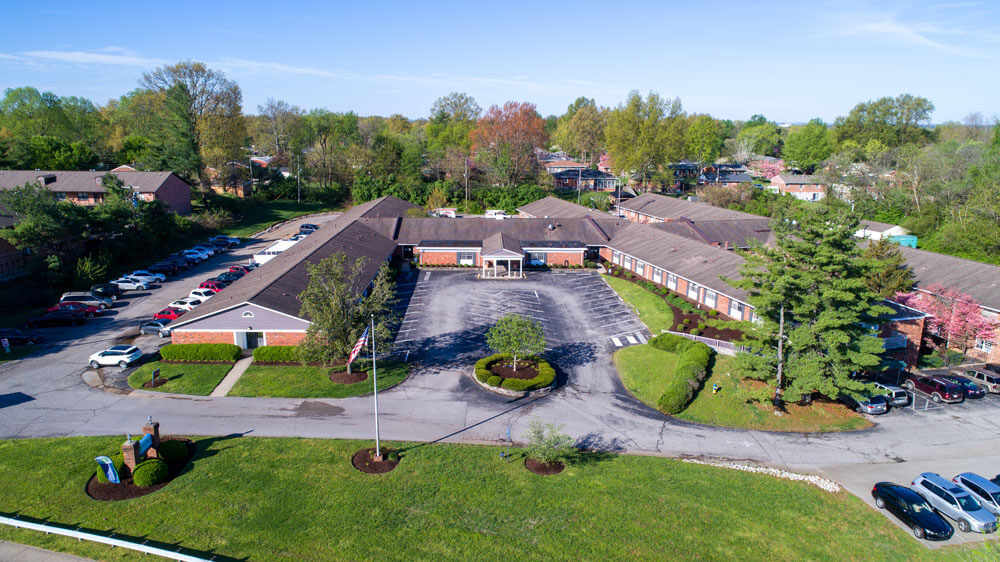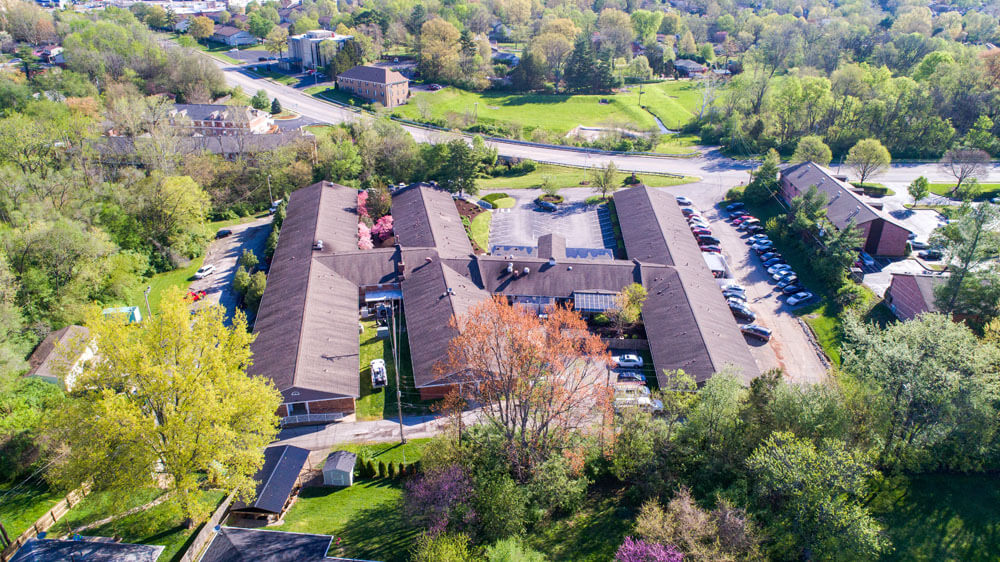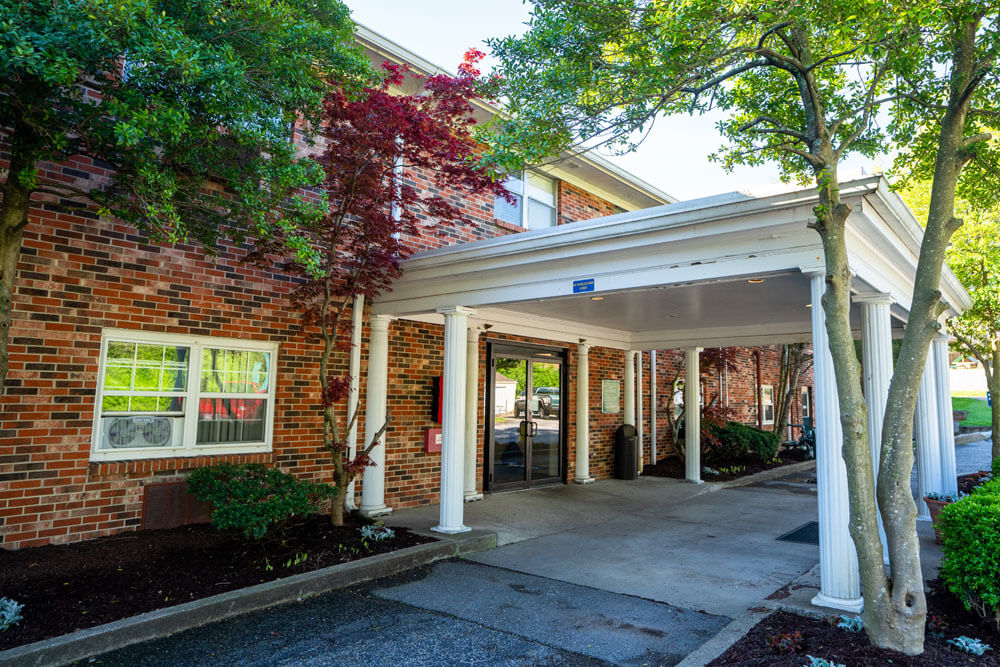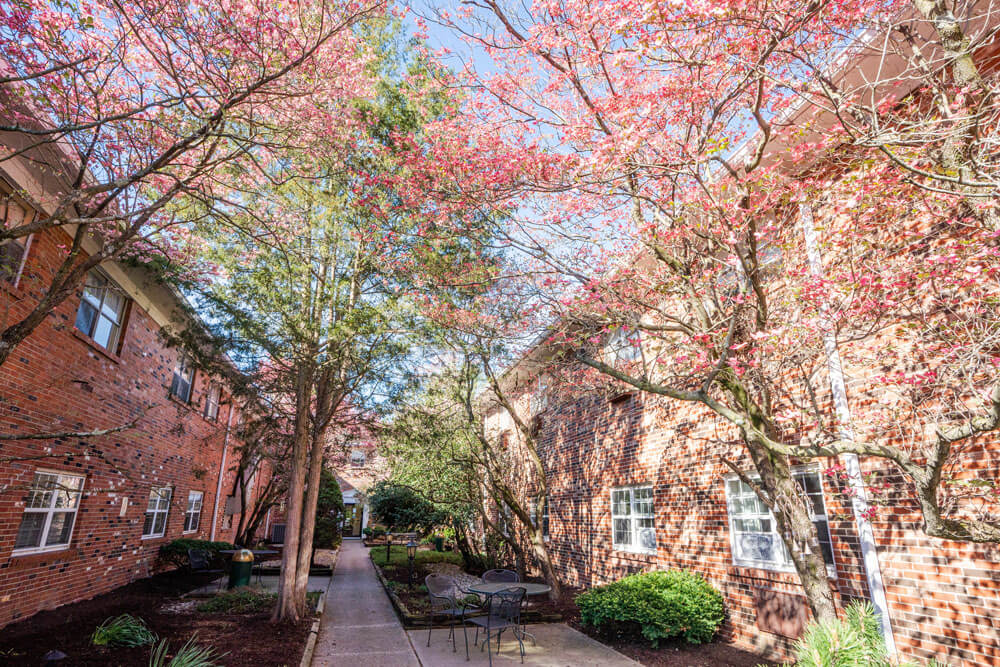
COVID-19 has been wreaking havoc all over the world. In the USA alone, there have been 595,847 deaths. That number will change and rise as each day passes.
Some people that have recovered from COVID-19 aren’t always truly recovered. There are many suffering from COVID-19 as “long haulers”. That means they made it through the worst but still have symptoms of the illness that impacts them daily.
You may wonder how long does it take lungs to heal after COVID-19.
Respiratory therapy and rehabilitation may help you recover better and faster.
In this piece, we’ll touch on a post COVID recovery and what you may need to do.
Post COVID-19 Recovery
We all know what COVID-19 is but let’s have a little refresher.
It’s an infectious disease caused by a new Coronavirus. Most people, who have symptoms, will have mild to moderate symptoms when infected. Others will develop a serious illness from it. Usually, older people and those with underlying health conditions.
The important thing to remember is that healthy people can still get very ill.
COVID-19 spreads through droplets. You can get the virus by breathing in the air around an infected person. You can also get COVID if you touch your eyes, nose, or mouth if the virus is on them.
You may wonder when does COVID -19 affect breathing?
COVID-19 can cause lung issues that range from mild to critical. Infection can happen in both the Upper and Lower respiratory tracts. The lungs and airways swell as the immune system starts to fight the infection.
Your air sacs can fill with fluid and that makes it very hard to take in oxygen. The body tries to fight. That causes swelling and makes it difficult to exchange oxygen and carbon dioxide. It can lead to pneumonia and Acute Respiratory Distress Syndrome (ARDS).
That usually leads to ventilator placement to help you breathe.
People who survive COVID-19, deal with a post COVID recovery. You may be thinking, “Why do my lungs still hurt after COVID-19?”.
You may be in the group known as “long haulers”. “Long hauler” symptoms may vary but people usually have at least one of the following:
- Heart palpitations
- Occasional fever
- Fatigue, muscle pain, or headache
- Joint or chest pain
- Shortness of breath or cough
- Memory issues
The post-COVID-19 recovery period can be hard so it’s important to look to others for any help you may need.
Post COVID-19 you’ll want to exercise, even if it’s light. Anything that will help build your lungs back. Make sure you’re eating nutritious meals, and don’t feel like you have to jump back into life.
If you’re feeling short of breath a Respiratory Therapist may help in your recovery.
Respiratory Therapy
Respiratory Therapy is care that assesses and diagnoses patients with respiratory concerns. It gives treatment, how to manage, and how to deal with issues to improve breathing. It’s involved in both acute and chronic cases. It’s provided by a Respiratory Therapist.
A Respiratory Therapist is a medical professional who specializes in treating the lungs. They can boost outcomes for many respiratory issues including post COVID lungs.
After a COVID-19 infection, it can take a bit to build back lung capacity. COVID-19 patients stay on the ventilator longer than other respiratory illnesses. Different treatments seem needed for this virus.
No one is quite sure how long post COVID lung infection recovery time will be. It will also vary from patient to patient.
The recovery period can be much harder for post-COVID-19 patients. This is due to the length of time on the ventilator and the high oxygen saturation. Some patients continue to have symptoms of weakness and shortness of breath.
A good tool to help with these symptoms is the incentive spirometer. An incentive spirometer is a tool that you hold in your hand and it can help keep your lungs active after an illness. You can do this at home and it’s a simple exercise to help keep lungs clear.
There are some benefits to using this during your post COVID recovery:
- Lung function improved
- Lower chance of lung infection
- Reduction in the mucous buildup
- Keeps lungs strong during extended rest
Respiratory therapy will aid you in using this device. They will also teach deep breathing techniques. It’s possible to regain lung function but it may need months of therapy after infection.
Short Term Rehabilitation
Post COVID-19 patients may need short-term rehabilitation to gain some normalcy. There are three main types of short-term rehabilitation. All three help with recovery from COVID-19.
Physical Rehabilitation
Physical rehabilitation or therapy helps patients that have a functional impairment. This impairment’s caused by an injury or illness.
COVID-19 survivors aren’t always as strong as they used to be before being in a bed. They can have damage to muscles or nerves that causes weakness in their extremities. Activities of daily living can be an issue.
Physical therapy will help them gain strength back.
Speech Rehabilitation
Speech rehab or therapy can help a patient recover normal speech and how to communicate. This therapy helps with speed rate and normal speaking. It can also help with muscle strength and teaches breath support.
COVID-19 patients may struggle with cognitive impairments. That can affect speech so it’s beneficial.
Occupational Rehabilitation
Occupational rehab or therapy helps to get you to a level to return to daily work. They can also help patients regain strength to perform activities of daily living.
Occupational Therapy can help a person get stronger so they can return to the community.
If a patient can get into rehab early, it can help lessen long-term COVID-19 complications. Without rehab, a patient may be stuck with weakness or cognitive impairment.
COVID-19 Recovery Is Possible
The impact that COVID-19 has had on people has been tremendous. Recovery can take months but you can improve some of your long-term symptoms.
Respiratory therapy and short-term rehabilitation can aid in that recovery.
If you need a place for assisted short-term rehabilitation, Exceptional Living Centers can help you with that care. From assisted living, short-term rehabs, or skilled nursing care they are there for your needs.






